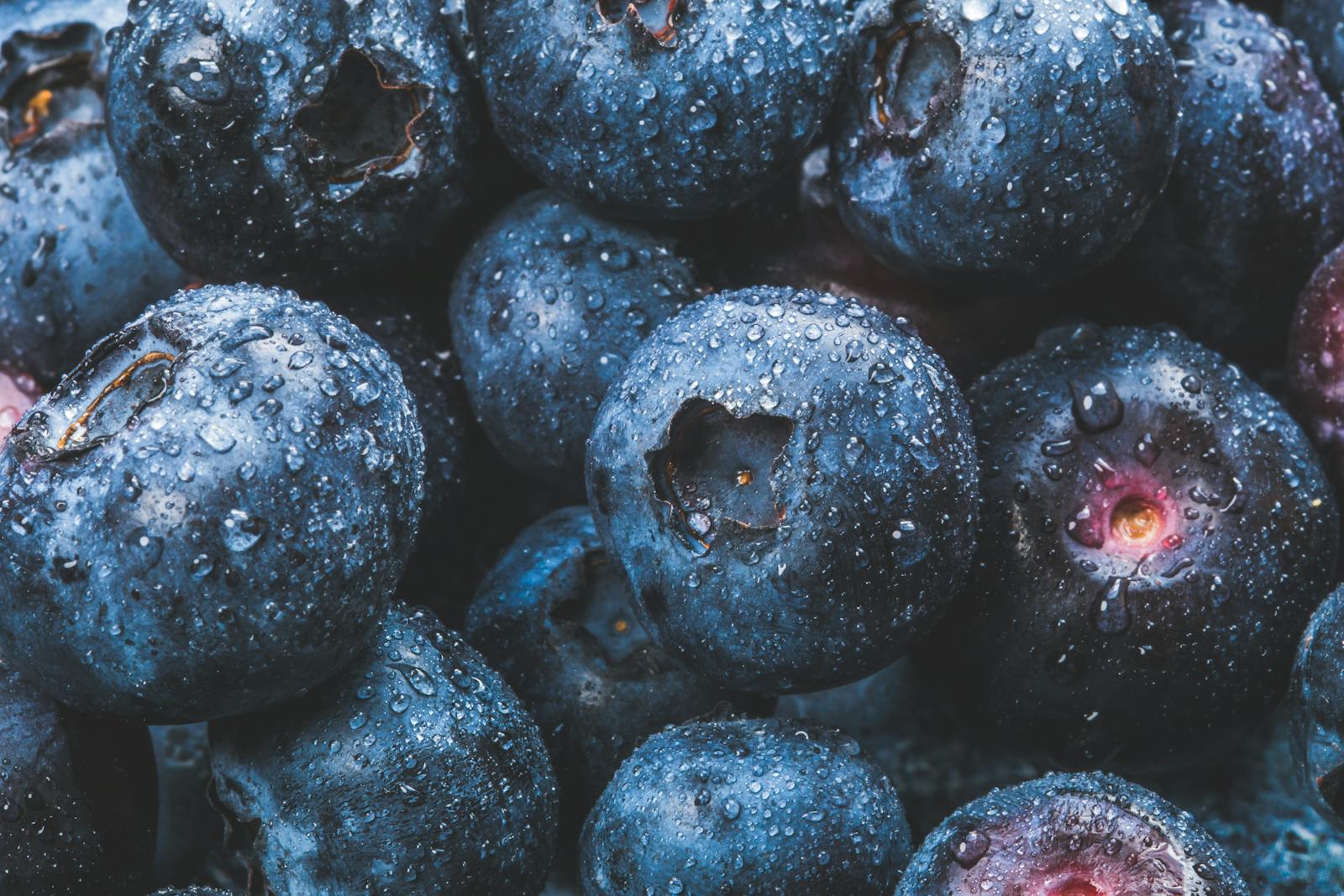
Hey there! It’s been quite the whirlwind of a week. Deadlines, meetings, and the usual grind, but amidst all that chaos, I’ve found myself diving deeper into health and wellness trends. One thing that caught my eye recently is organic spirulina. I know, it sounds like something straight out of a sci-fi movie, but trust me, this blue-green algae is a powerhouse of nutrients and has some serious benefits for our health.
Now, you might be thinking, “algae as food? Are you serious?” But hear me out. Organic spirulina isn’t just any algae; it’s a type of cyanobacteria that’s been around for billions of years. What makes it so special is its incredibly high nutrient density. Packed with proteins, vitamins, minerals, and antioxidants, organic spirulina can help boost your immune system, improve your digestion, and even enhance your energy levels. And if you’re looking to detoxify your body, this superfood is a great ally, thanks to its ability to bind with heavy metals and other toxins, helping to flush them out of your system.
I started incorporating organic spirulina into my diet a few weeks ago, and I have to say, the difference is noticeable. My skin looks clearer, I feel more energized throughout the day, and I’ve even noticed an improvement in my overall mood. Of course, everyone’s body reacts differently, but the potential benefits of organic spirulina are hard to ignore.

One of the best things about organic spirulina is how easy it is to include in your daily routine. You can add it to smoothies, mix it into water or juice, or even sprinkle it over your salads. I personally love blending it with some banana, spinach, and almond milk for a refreshing morning drink. The taste can be a bit earthy at first, but once you get used to it, it’s not bad at all. Plus, the health benefits far outweigh any initial hesitation.

But let’s talk about the environmental impact for a moment. Organic spirulina is not only good for you but also good for the planet. Unlike many other crops, it doesn’t require vast amounts of land or water to grow. In fact, it can be cultivated in small, controlled environments, making it a sustainable choice for those who care about the environment. This is especially important in today’s world, where we’re constantly looking for ways to reduce our carbon footprint.
Speaking of sustainability, did you know that organic spirulina can also help support local communities? Many producers work directly with farmers who cultivate the algae in eco-friendly ways, ensuring fair wages and working conditions. By choosing organic spirulina, you’re not only investing in your health but also supporting ethical and sustainable practices.
Of course, like with any supplement or superfood, it’s important to do your research and choose a reputable brand. Look for organic certifications and check the ingredient list to ensure you’re getting pure, high-quality spirulina without any additives or fillers. I recommend starting with a small dose and gradually increasing it to see how your body responds. Some people might experience mild digestive discomfort initially, but this usually subsides as your body adjusts.
In conclusion, if you’re looking for a natural way to boost your health and well-being, organic spirulina is definitely worth considering. Whether you’re dealing with stress, fatigue, or simply want to give your body an extra nutritional boost, this superfood could be the answer you’ve been looking for. So why not give it a try? Your body (and the planet) will thank you for it.
Hope you found this article helpful, and if you have any questions or experiences with organic spirulina, feel free to share them in the comments below. Stay healthy, and keep exploring the wonderful world of superfoods!
